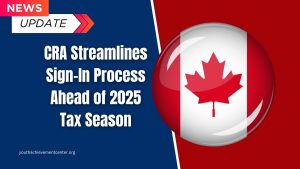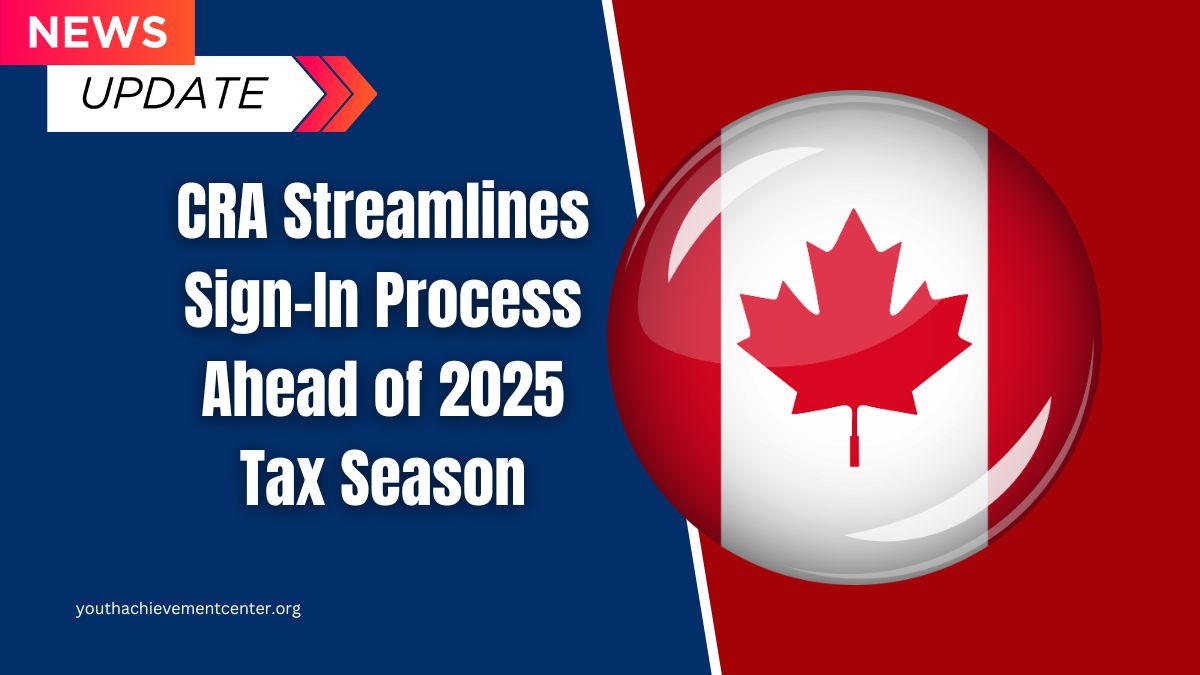As more retirees choose to work during retirement, it’s crucial to understand how additional income can impact Social Security benefits. In 2025, specific earnings limits and rules will determine whether your benefits are reduced.
Understanding the Retirement Earnings Test
The Social Security Administration (SSA) applies the Retirement Earnings Test (RET) to determine if your benefits should be reduced based on your income and age.
If you’re under your Full Retirement Age (FRA) and earn above certain thresholds, a portion of your benefits may be withheld.
Income Limits for 2025
In 2025, the SSA has set two key income limits:
- For those under FRA throughout 2025: You can earn up to $23,400 annually without affecting your benefits. Earnings above this limit will result in a $1 reduction for every $2 earned over the threshold.
- For those reaching FRA in 2025: You can earn up to $62,160 in the months before reaching FRA. Earnings exceeding this amount will lead to a $1 reduction for every $3 earned over the limit.
Impact on Average Retirees
Considering that the median annual wage for full-time workers aged 65 and older was approximately $58,292 in 2024, many retirees may exceed these income limits.
For example, if you earn $29,146 annually and are under FRA for the entire year, your income surpasses the limit by $5,746. This excess would reduce your annual benefits by $2,873, equating to about $239 per month.
Recalculation at Full Retirement Age
The good news is that these reductions aren’t permanent. Once you reach FRA, the SSA recalculates your benefits to credit the amounts previously withheld, resulting in higher monthly payments moving forward. This adjustment aims to compensate for the reductions taken earlier due to excess earnings.
| Age | Income Limit in 2025 | Benefit Reduction | Example: Excess Earnings | Example: Annual Benefit Reduction |
|---|---|---|---|---|
| Under FRA in 2025 | $23,400 per year | $1 for every $2 over the limit | $5,746 | $2,873 |
| Reaching FRA in 2025 | $62,160 per year | $1 for every $3 over the limit | N/A | N/A |
Considerations for Working Retirees
While working during retirement can provide additional income and personal fulfillment, it’s essential to be aware of how earnings may temporarily reduce your Social Security benefits.
Planning and understanding these thresholds can help you make informed decisions about employment and income during retirement.
FAQs
How does the SSA determine my Full Retirement Age (FRA)?
Your FRA is based on your birth year. For individuals born in 1960 or later, the FRA is 67. Those born earlier have a slightly lower FRA, ranging from 66 to 66 and 10 months.
Will my benefits be reduced if I work after reaching FRA?
No, once you reach your FRA, you can earn any amount without affecting your Social Security benefits. The Retirement Earnings Test no longer applies after reaching FRA.
Are the withheld benefits lost forever?
No, the benefits withheld due to excess earnings are not lost. At FRA, the SSA recalculates your benefit amount to account for the months in which benefits were withheld, potentially increasing your monthly payments.
How often do these earnings limits change?
The SSA adjusts the earnings limits annually to account for changes in average wages. It’s important to check the updated limits each year to understand how they may affect your benefits.







